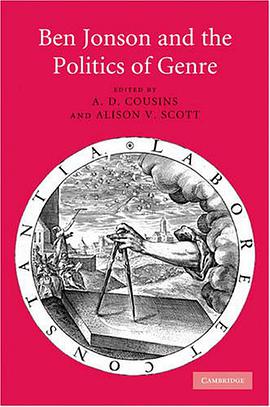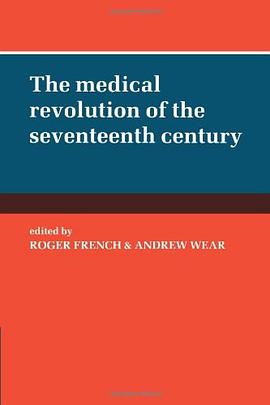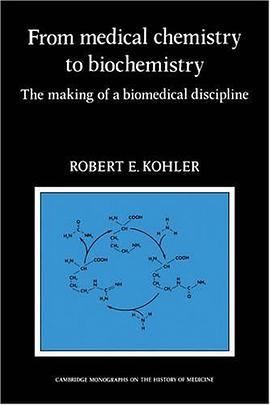

具体描述
This lucid and imaginative study uses the French experience to examine one fundamental aspect of the 'civilizing process': the way in which, over the past millennium, attitudes to and perceptions of human cleanliness, health and hygiene have changed, as have the moral properties attributed to the human body. Such changes are clearly manifest in the history of bathing, and Professor Vigarello demonstrates that the use of water for cleanliness has been by no means constant since the Middle Ages: the medieval ideal of visible purity (effectively meaning face and hands only) was replaced by modern notions of hygiene, which in turn reflected the growing concern for personal privacy. Clothes, in particular linen, assumed major importance in the creation of a new physical space for cleanliness; and scientific, bourgeois concepts of 'vigour' and bodily health, related to personal hygiene, gradually transformed the superficial aristocratic purity of earlier generations.
作者简介
目录信息
读后感
评分
评分
评分
评分
用户评价
相关图书
本站所有内容均为互联网搜索引擎提供的公开搜索信息,本站不存储任何数据与内容,任何内容与数据均与本站无关,如有需要请联系相关搜索引擎包括但不限于百度,google,bing,sogou 等
© 2026 book.wenda123.org All Rights Reserved. 图书目录大全 版权所有




















